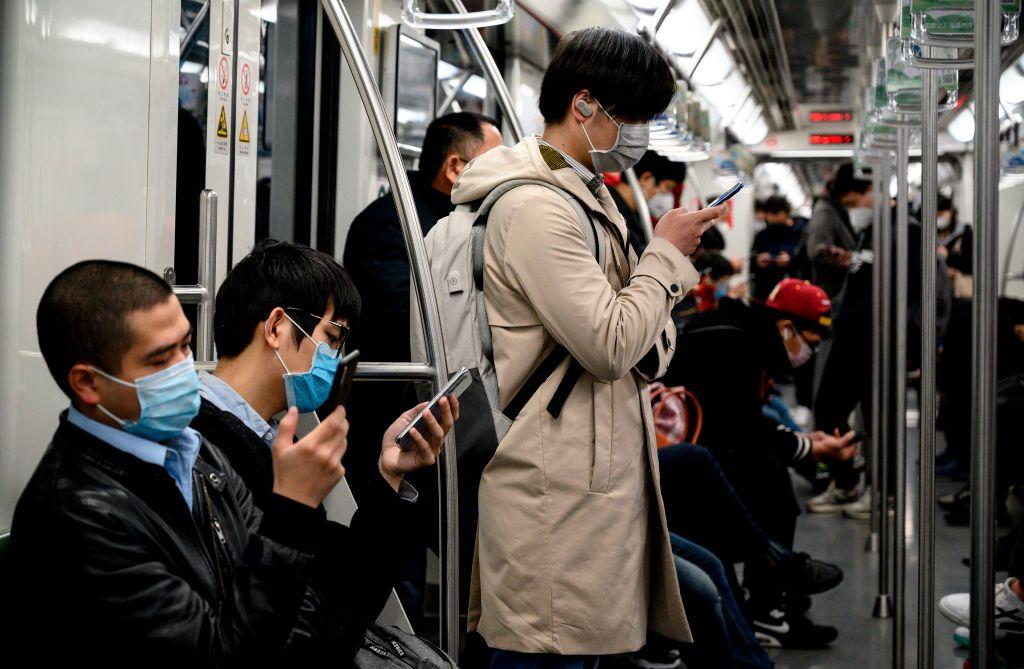Reporters Without Borders (RSF), a nonprofit advocating for press freedom, has urged Beijing to free journalists and political commentators and stop censoring information about the novel coronavirus outbreak in China.
RSF pointed out that two citizen journalists, Chen Qiushi and Fang Bin, and two political commentators, Guo Quan and Xu Zhiyong, were arrested in early February in connection with their social media posts about the outbreak, in a statement published on Feb. 24.



